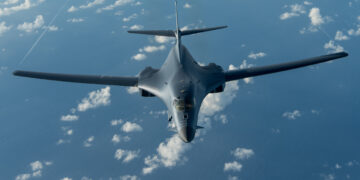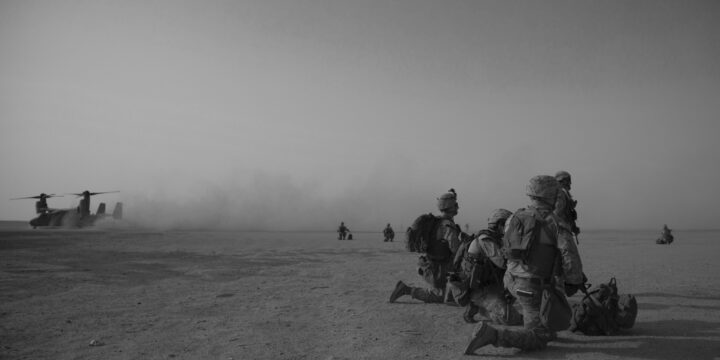FOR IMMEDIATE RELEASE:
February 14, 2020
Contact: press@defensepriorities.org
WASHINGTON, DC—Today, the Associated Press reported the U.S. and the Taliban have reached a seven-day “reduction in violence” agreement that could pave the way to a U.S. troop drawdown. Defense Priorities Senior Fellow Lt. Col. Daniel L. Davis, USA, Ret. issued the following statement in response:
“An agreement that brings the Taliban and Kabul closer together should be welcomed, but no signed agreement is necessary for the U.S. to leave on its own terms. The U.S. is safe because of its overwhelming military capabilities, not because of ground troops in Afghanistan. That mission is about Kabul’s security, not America’s.
“Leaving a permanent ‘residual counterterror force’ would be a mistake that merely puts a new face on the same ground mission. America can easily remain safe from any anti-U.S. terrorist threats originating in Afghanistan without a permanent military presence there. As demonstrated by the raids that took out ISIS leader Abu Bakr al Baghdadi and AQAP leader Qassim al-Rimi, U.S. strike capabilities don’t require a permanent military presence.
“U.S. military power is also a potent deterrent, which is why the Taliban have self-interested reasons—their desire to avoid being attacked again—to suppress Al-Qaeda, whether or not they sign a document saying they’ll do so.
“The U.S. military mission after 9/11 to clobber Al-Qaeda and punish the Taliban government for hosting it was accomplished shortly after the 2001 invasion. Nearly two decades later, we remain mired in a nation building mission disconnected from U.S. security. What is imperative now is getting militarily disentangled from Afghanistan’s problems. We must end the war now and completely withdraw quickly.”
More on Asia

Featuring Lyle Goldstein
June 13, 2025







